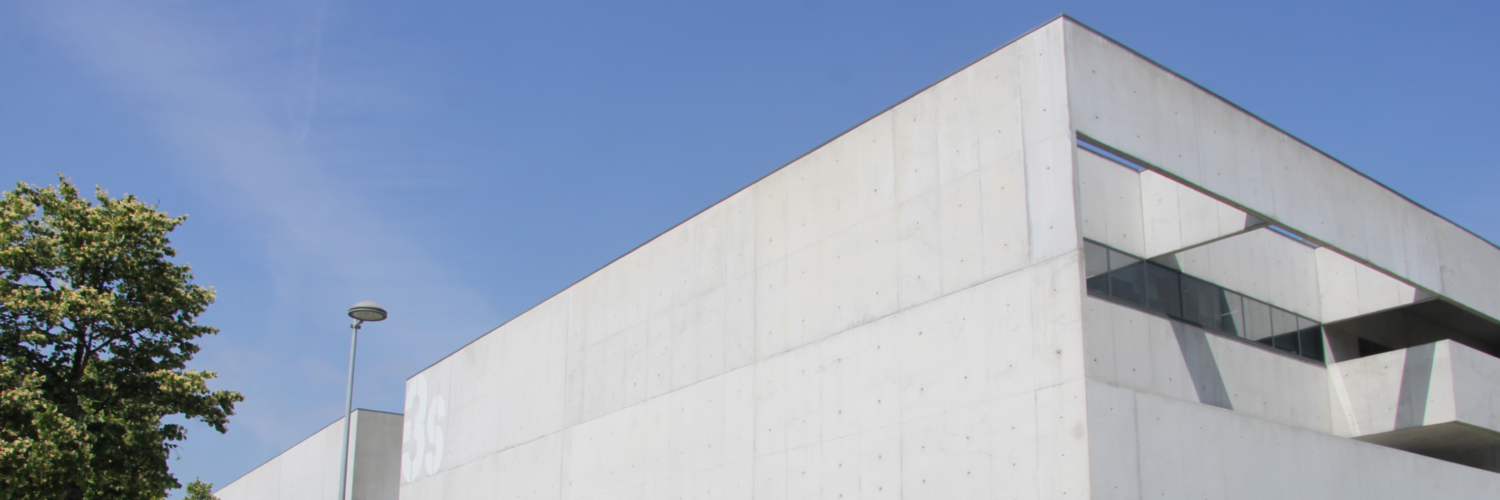INEB THESIS DEFENSE: Establishment of a 3D model of EMT/MET-induction using molecularly-designed ECM-like hydrogels
INEB MSc student Sara Rocha defended her thesis on 25th September 2014 at FEUP.
TITLE: Establishment of a 3D model of EMT/MET-induction using molecularly-designed ECM-like hydrogels
AREA: Bioengineering
SUPERVISORS:
Supervisor: Dr. Cristina Barrias, Assistant Investigator (INEB)
Co-supervisor: Dr. Sílvia Bidarra, Post-Doctoral Investigator (INEB)
Co-supervisor: Dr. Patrícia Oliveira, Post-Doctoral Investigator (IPATIMUP)
Epithelial to mesenchymal transition (EMT) is a biologic process that allows a polarized epithelial cell to undergo biochemical changes that enable it to assume a mesenchymal cell phenotype. Therefore, EMT has been associated with a concomitant decrease of epithelial markers (e.g. E-cadherin) and increase of mesenchymal markers (e.g. Vimentin and α-SMA), as well as enhanced migratory and invasion capacity, resistance to apoptosis and increased production of ECM components. EMT-cells may undergo a reverse process, mesenchymal to epithelial transition (MET), through which they are able to recover the epithelial phenotype. Several reports suggested that EMT/MET may also have a role during cancer progression and metastasis establishment. To elucidate this hypothesis, different EMT models have been implemented using traditional 2D systems. However, such models lack the influence of a proper 3D ECM-like structure that could better mimic the in vivo microenvironment, a major regulator of the EMT/MET program.
The central aim of this Master Thesis was the establishment of a 3D in vitro model of TGF-β1-driven EMT/MET induction in EpH4 epithelial cells cultured on an artificial alginate-based matrix with tuneable properties. In addition, we aimed to further characterize the 2D in vitro model of TGF-β1-driven EMT/MET induction previously established in the group.


